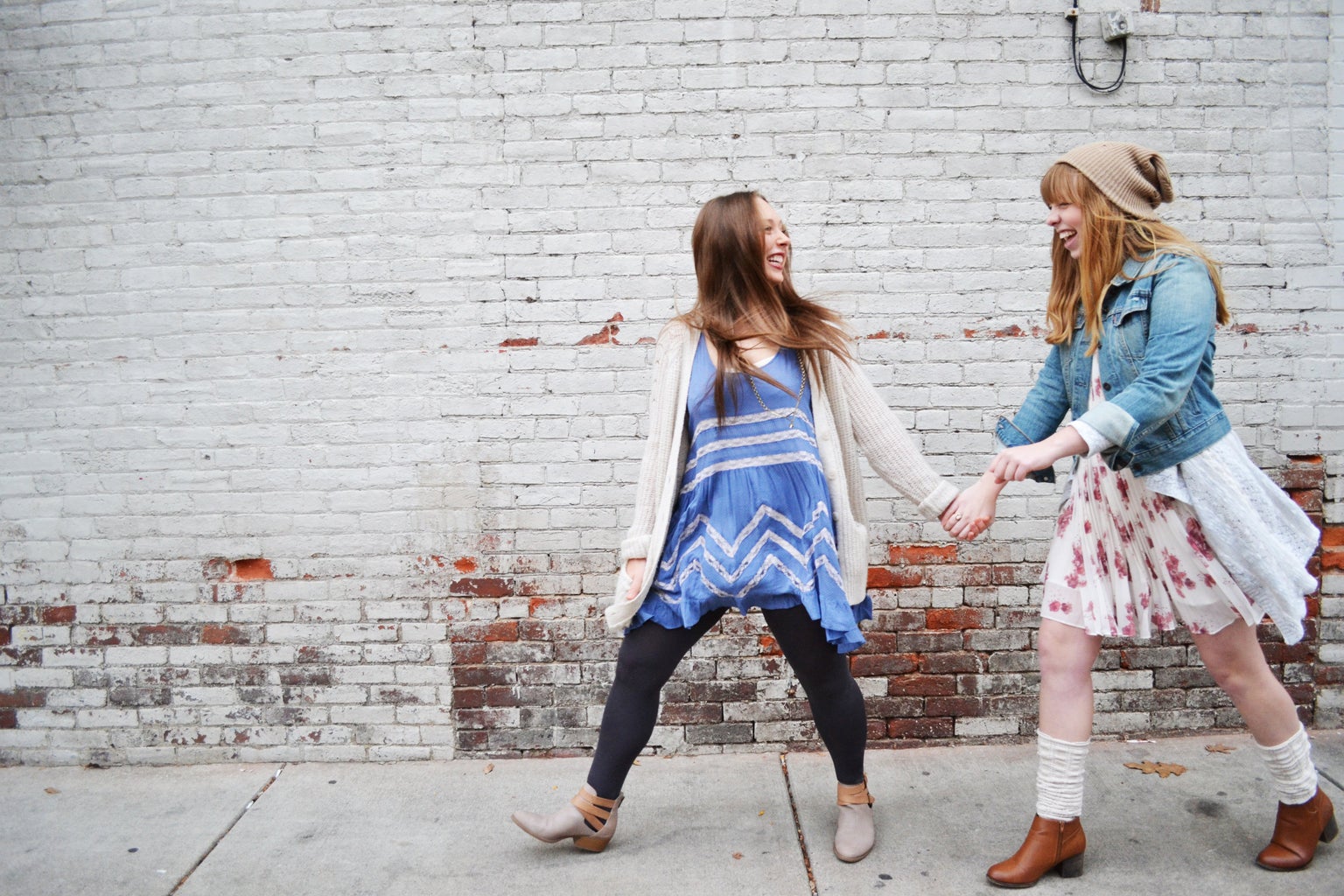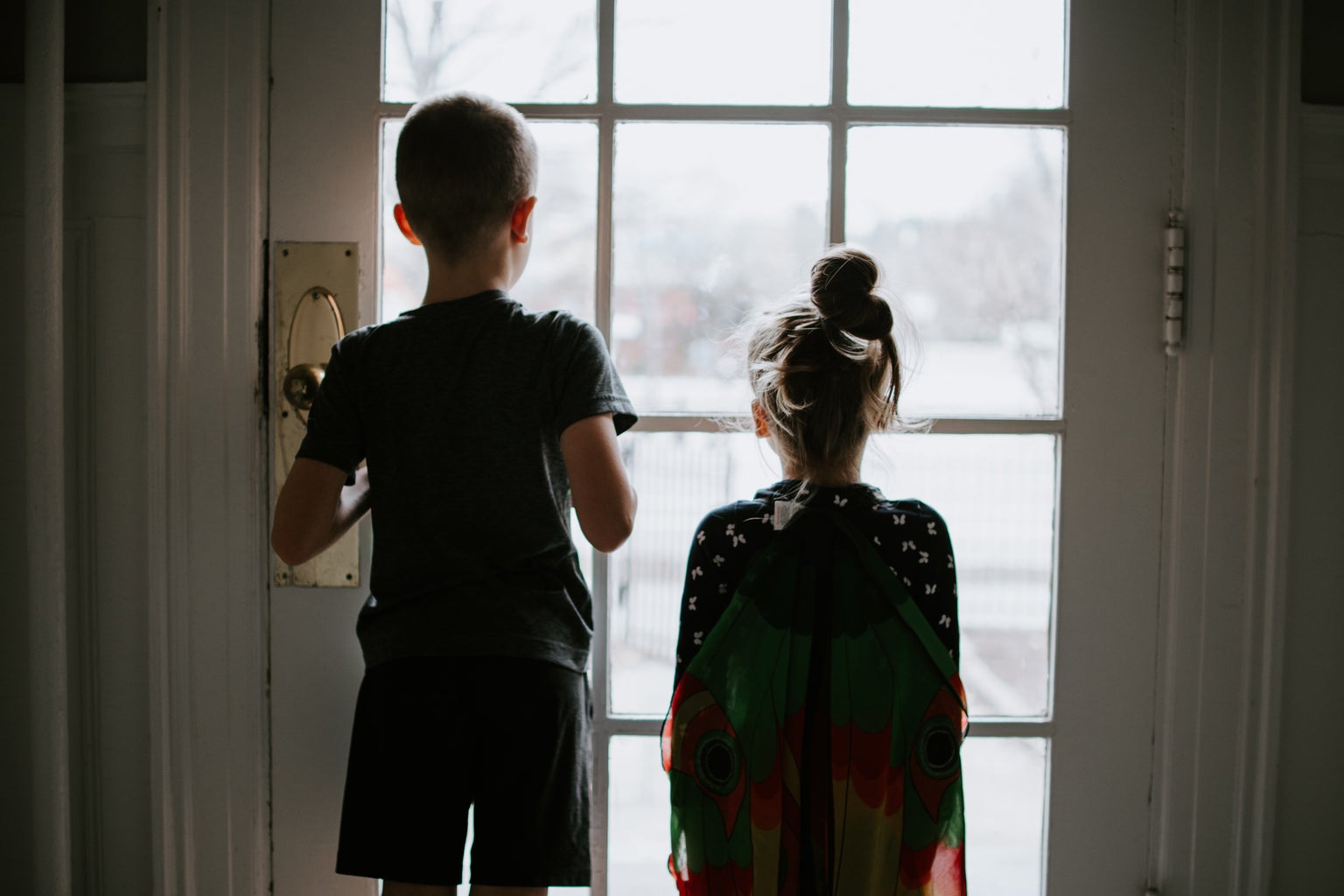The number of twin births has been increasing over the past few decades, with the twin birth rate increasing a massive 76% from 1980-2009, according to a CDC report published in 2012. Joyce Martin, M.P.H., the lead epidemiologist of the study, attributed the rise in twin births to the fact that women have started to have children at an older age. Women in their thirties are more likely to have twins than mothers in their twenties. Another factor in the increase of twins has been fertility treatment; women that go through IVF are also more likely to give birth to twins. This being said, a recent 2021 BBC article concludes that 1 in every 42 births is a twin, which equates to approximately 1.6 million twin births worldwide per year. In relation to the world population of 7.9 billion, it’s safe to say that twins can still be considered somewhat rare. But I assure you, we’re easier to find than you’d think.

Being a twin, I’ll admit, is pretty epic. Not only do you always have someone to hang out with on family vacations, but people go crazy when you tell them you’re a twin. Seriously, there is an alarming fascination with the idea of twins that I will never understand. I don’t believe that there’s anything particularly captivating about having a sibling the same age as you, but my role as a twin sister presents some bias in my argument. Sure, I like being able to tell people that I’m a twin and immediately acquire their attention, but don’t we all crave that unique quirk that makes us interesting? There’s no doubt that I love being a twin, and that’s the truth. But non-twins need to lower their expectations of how “mind-blowingly awesome” it is to be part of the twin population. Because of this assumption, twins are constantly the victims of misinformation and annoying questions. Some may claim I’m being overly-dramatic, but you’ve never truly experienced the pain of being asked “who’s older?” question, as if twins don’t develop at exactly the same time. It doesn’t matter who came out of the womb first!
In case it wasn’t clear, I am the younger twin. Perhaps that makes me despise the question more, because my brother takes every opportunity to flaunt his ONE MINUTE of “oldness” over me. The older twin adopts this sense of dominance when people ask the dreaded “who’s older?” question, so let’s normalize not asking it!!! Spoken like a true younger twin, I know. If it’s not obvious by now, I am a fraternal twin, meaning that my brother and I do not look the exact same. That seems pretty straightforward, considering that a boy and girl cannot be identical. But you’d be surprised how often I get asked if I’m an identical twin, despite the fact that I always lead with the fact that I have a twin brother in conversations. Like, seriously?! My faith in humanity diminishes slightly every time I get asked that question. And while we’re on the topic of absurdity, I feel the need to disprove the twin telepathy myth. I speak for fraternal twins when I say that we cannot read each other’s minds or feel each other’s pain (that’d be pretty awesome, though). In fact, fraternal twins are no genetically different than siblings of different ages. As for identical twins, that kind of sorcery seems more probable.
Despite the assumption that twins are alike, my brother and I could not be more different. First of all, he towers over my mere height of 5’4” (almost 5’5”!), clocking in at 6’3”. Being almost a whole foot taller than me takes a hit on my confidence, I’ll admit, and he sure doesn’t hold back on the short jokes. I would just like to publicly announce that I am a completely average height, and therefore am not short. This is the main reason why people don’t immediately assume we’re twins, because I look about 12 years old standing next to him. Another of our differences presents itself in the form of our hobbies. Eli, my brother, is a huge gamer. I’d be lying if I said I hadn’t dabbled in an occasional game of Fortnite (I have a singular victory royale win!), but I’m nothing compared to his skills. My hobbies, on the other hand, include reading novels and catching up on the latest pop culture trends. It’s a good idea to assume that twins aren’t actually all that similar, because more often than not, they’re complete opposites. We also don’t do everything together, which is another common assumption. We participate in different activities with different people, and I revel in the time when he’s at summer camp so I can become an only child for a week. Of course, in college it feels like I’m constantly an only child. Eli attends college in New York, while I’m in Ohio, 357.5 miles away. I often get asked what it’s like to live so far away from my brother, especially after living in the same house as each other for 18 years. It’s weird, if I’m being honest. It’s odd to think that he’s having his own college experience that I don’t know about, just like I am. But I think all siblings feel like this, being a twin doesn’t make it inherently more strange. I am glad, however, that we are not attending the same college. Even though I miss my brother sometimes, I love being independent and learning to make new connections with people that I don’t know.
The reality is, being a twin is like having a built-in friend. I never had to experience having an older or younger sibling, which I imagine might introduce some sort of superiority complex. And while being a twin isn’t always what it’s hyped up to be, the perks can be really great. For example, being in the same grade allowed us to copy each other’s homework if necessary (of course I’m kidding… sort of). I used to think that having to share my birthday was a crime, but I’ve learned to be grateful that the awkward attention of opening gifts is not just on me. So even though you have to endure ridiculous questions and other peoples’ expectations of your relationship with your twin, being a twin is the most incredible thing that’s happened to me.



